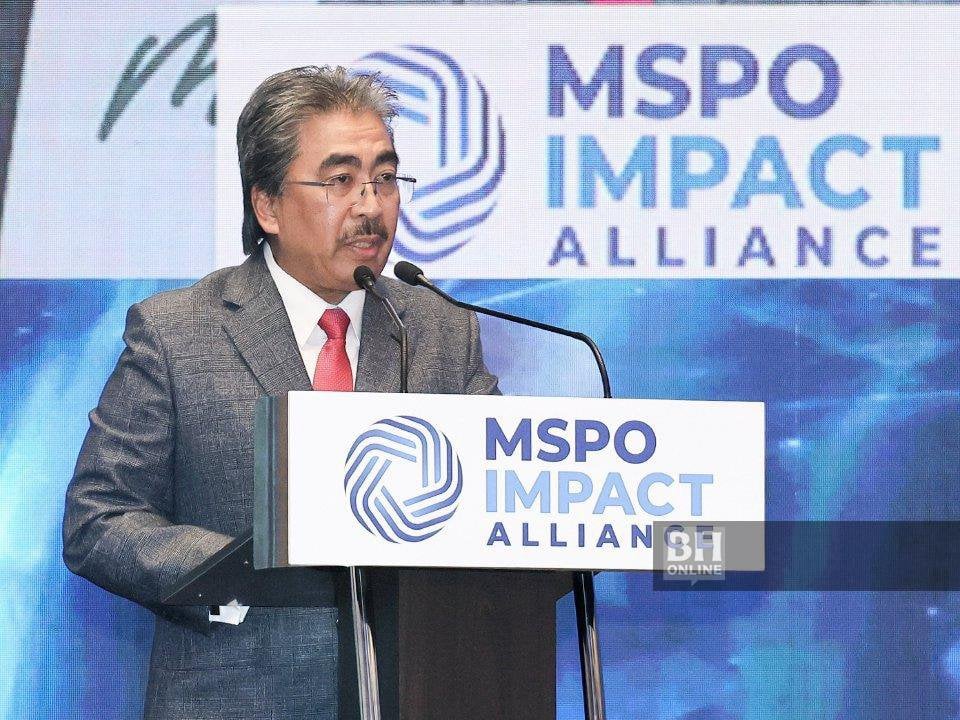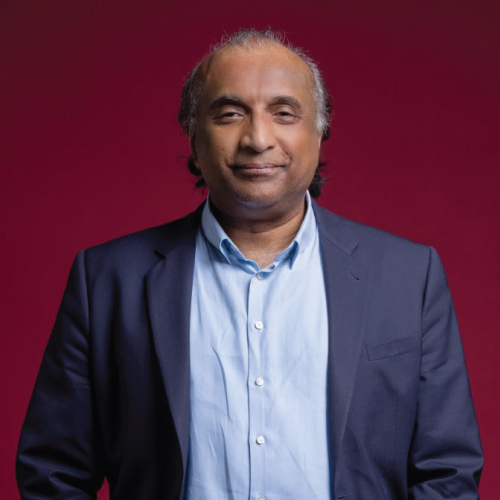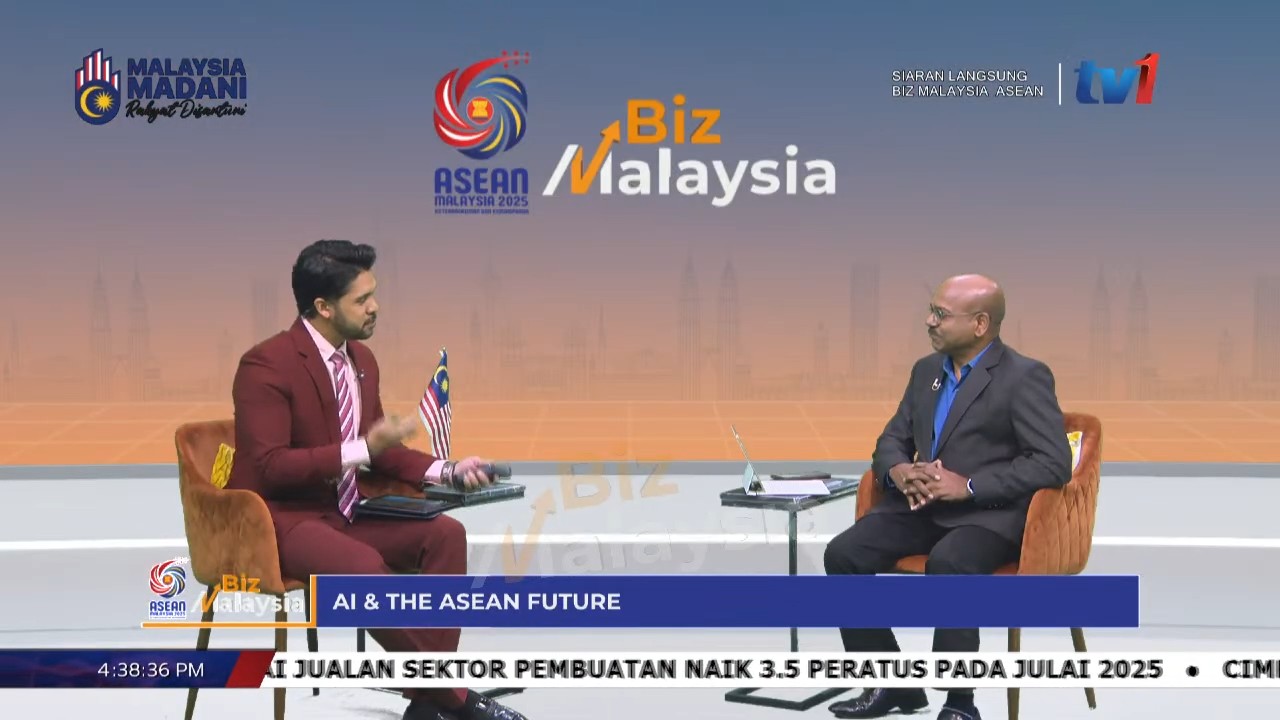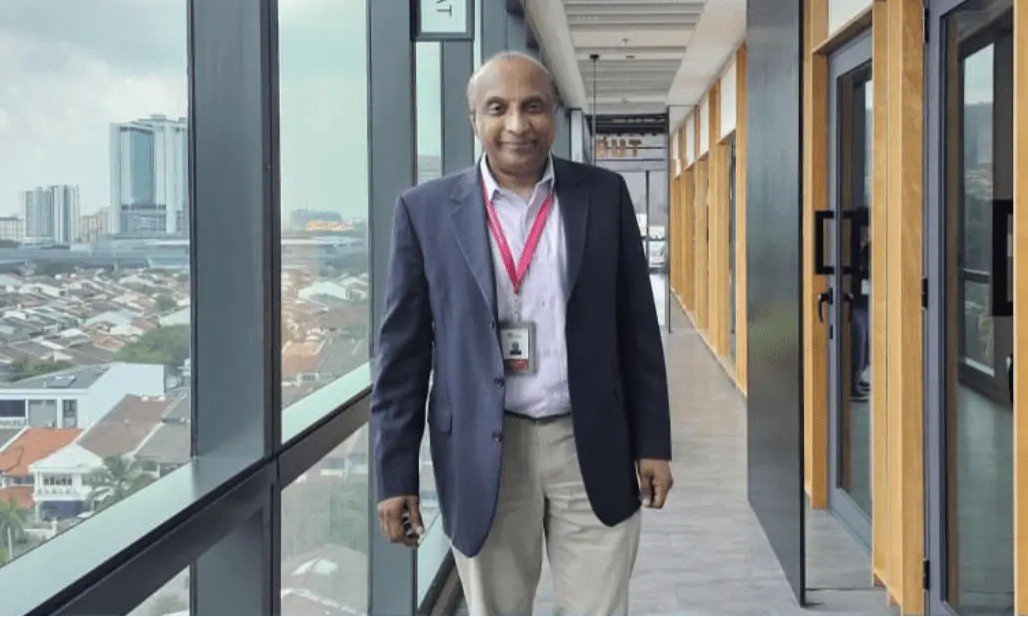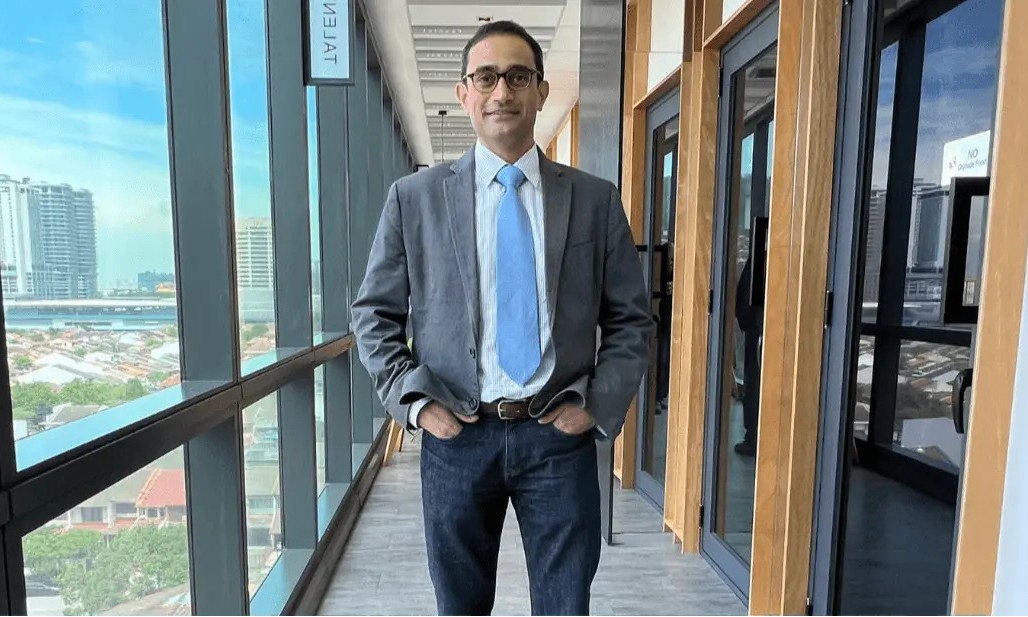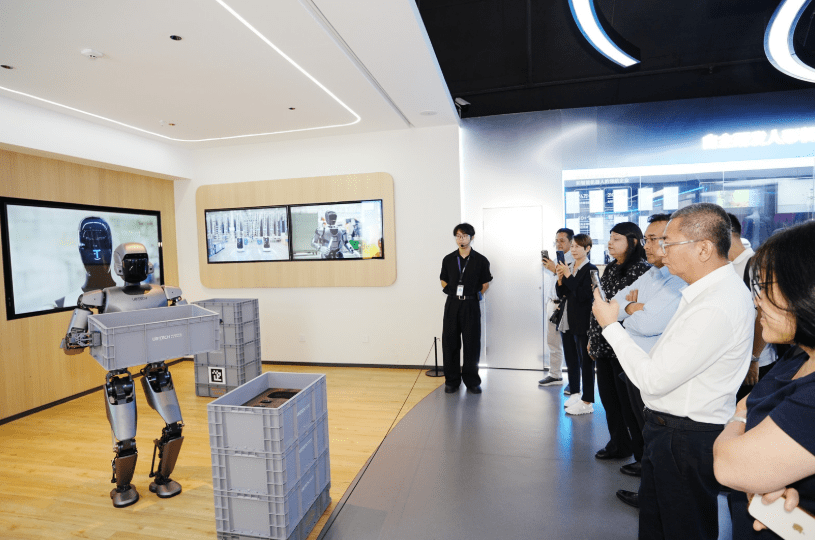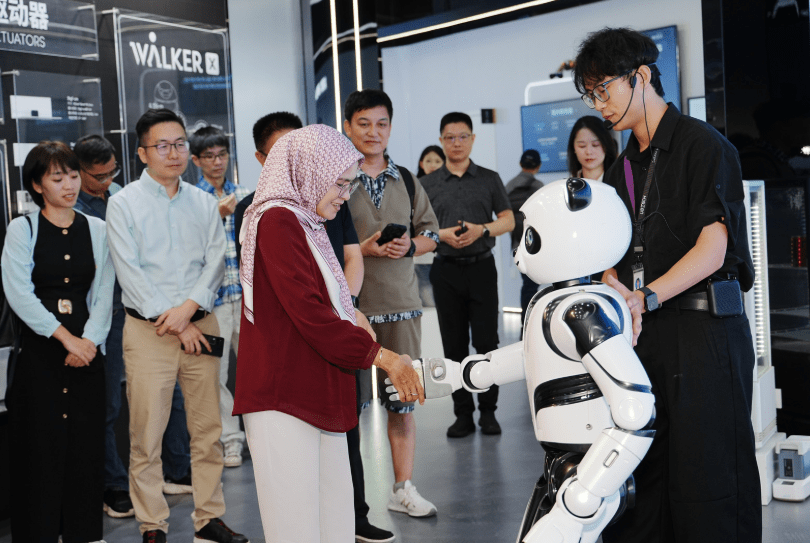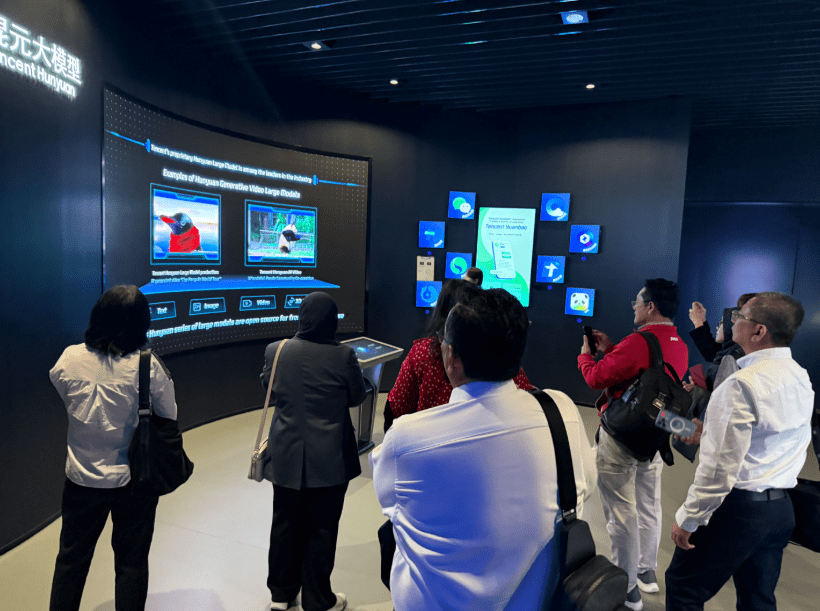KUALA LUMPUR: Malaysia memantapkan lagi usaha kelestarian dalam industri sawit dengan pelancaran MSPO Impact Alliance, yang turut disertai wakil pekebun kecil sawit bagi meningkatkan kredibiliti dan kemantapan pensijilan Minyak Sawit Lestari Malaysia (MSPO) di pentas dunia.
MSPO Impact Alliance disokong oleh 28 ahli pengasas termasuk syarikat barangan pengguna bergerak pantas (FMCG) global, penanam ladang, wakil pekebun kecil, persatuan industri, masyarakat awam, institusi kewangan, badan pensijilan, badan pemikir dan organisasi antarabangsa.
Menteri Perladangan dan Komoditi, Datuk Seri Johari Abdul Ghani pada majlis pelancaran itu berkata, MSPO Impact Alliance menunjukkan keazaman Malaysia untuk bekerjasama dengan pelbagai pemegang taruh bagi mencipta penyelesaian inklusif yang bukan saja akan melindungi alam sekitar tetapi juga mengukuhkan reputasi sebagai rakan kongsi yang dipercayai dan bertanggungjawab dalam perdagangan global.
Beliau berkata, tujuannya jelas iaitu untuk menginstitusikan kerjasama dan memastikan keterangkuman merentas rantaian bekalan.
Selain itu, katanya, MSPO Impact Alliance menyediakan saluran maklum balas berstruktur untuk ahli pengasas membentuk bersama-sama evolusi piawaian MSPO, mengambil bahagian dalam inisiatif perintis yang menguji penyelesaian praktikal mendahului peraturan global baharu dan mengukuhkan penerimaan antarabangsa MSPO dalam kalangan pembeli dan pengawal selia global.
Menurutnya, MSPO Impact Alliance membolehkan negara menguji pendekatan baharu, menangani cabaran di lapangan dan membuka kunci inovasi yang mengukuhkan kedudukan MSPO dan Malaysia dalam pasaran global.
“Melalui peranannya sebagai platform berstruktur untuk kerjasama, MSPO Impact Alliance menyatukan kerajaan, industri, pembiaya dan masyarakat sivil di mana tanggungjawab dikongsi dan penyelesaian dibentuk secara bersama.
“Ini mewujudkan peluang untuk inisiatif seperti ‘sandbox’ kesediaan Peraturan Penebangan Hutan Kesatuan Eropah (EUDR) pekebun kecil, yang akan memetakan dan mendokumentasi plot pekebun kecil untuk memenuhi keperluan EUDR sambil memastikan pekebun kecil kekal bersepadu sepenuhnya ke dalam perdagangan global,” katanya.
Sementara itu, Pengerusi MSPO, Mohd Haris Mohd Arshad, berkata MSPO Impact Alliance adalah mengenai membuka potensi pensijilan nasional dalam memacu impak dunia sebenar.
Beliau berkata, dengan merintis inisiatif praktikal dan membentuk dasar bersama pihak pemegang taruh, pihaknya memastikan MSPO kekal relevan, boleh dipercayai dan diterima di peringkat global.
“Inilah cara kami menjadikan kemampanan inklusif dengan memastikan pekebun kecil, pekerja dan industri mendapat manfaat daripada perjalanan itu,” katanya.
MSPO Impact Alliance akan berfungsi sebagai platform berstruktur untuk kerjasama, menjadi hab untuk maklum balas, inovasi dan pertukaran kepakaran kolektif.
Ia akan menyediakan saluran rasmi untuk pihak pemegang taruh untuk berkongsi input dan memastikan MSPO kekal sejajar dengan penanda aras antarabangsa, di samping bertindak sebagai tempat ujian untuk penyelesaian baharu seperti kebolehkesanan lanjutan, pembiayaan mampan, model perkongsian kos dan mekanisme rantaian bekalan inklusif yang bertujuan menyampaikan penambahbaikan yang ketara di seluruh industri.
Bagi ahli, ia bermakna dapat membentuk bersama-sama evolusi piawaian MSPO, mengambil bahagian dalam inisiatif perintis yang menguji penyelesaian praktikal mendahului peraturan global baharu dan menyumbang kepada perbincangan dasar negara yang membimbing masa depan sektor minyak sawit Malaysia.
Dengan berbuat demikian, ahli juga akan mengukuhkan peranan mereka dalam memajukan rantaian bekalan yang bertanggungjawab dan inklusif, sambil menyumbang kepada pengiktirafan Malaysia yang semakin meningkat sebagai rakan kongsi yang dipercayai dan telus dalam perdagangan global.
Usaha itu berdasarkan pengiktirafan baru-baru ini oleh Kesatuan Eropah (EU) bahawa pensijilan MSPO ialah skim kemampanan yang boleh dipercayai dengan sistem kebolehkesanan digital standard tinggi yang boleh memudahkan pengendali pematuhan terhadap Peraturan Penebangan Hutan EU (EUDR) apabila mendapatkan sumber pertanian bebas penebangan hutan dan sah dari Malaysia.
MSPO Impact Alliance akan membina momentum itu untuk memperdalam pengiktirafan antarabangsa dan penerimaan pasaran MSPO.
Antara inisiatif perintis yang berpotensi di bawah MSPO Impact Alliance ialah inisiatif untuk menyediakan pekebun kecil agar mematuhi EUDR, menanda aras piawaian MSPO terhadap keperluan sumber bertanggungjawab syarikat FMCG global dan membangunkan model perkongsian kos yang telus untuk menyokong perjalanan kelestarian pekebun kecil.
MSPO Impact Alliance juga akan meneroka instrumen pembiayaan inovatif yang dikaitkan dengan pensijilan, strategi penanaman semula yang memulihkan biodiversiti, dan mekanisme aduan dan aduan yang dipermudahkan yang direka untuk mengukuhkan perlindungan pekerja termasuk pekerja asing, dengan memastikan kebimbangan mereka dapat dibangkitkan dan diselesaikan dengan cara yang tepat pada masanya dan telus.





